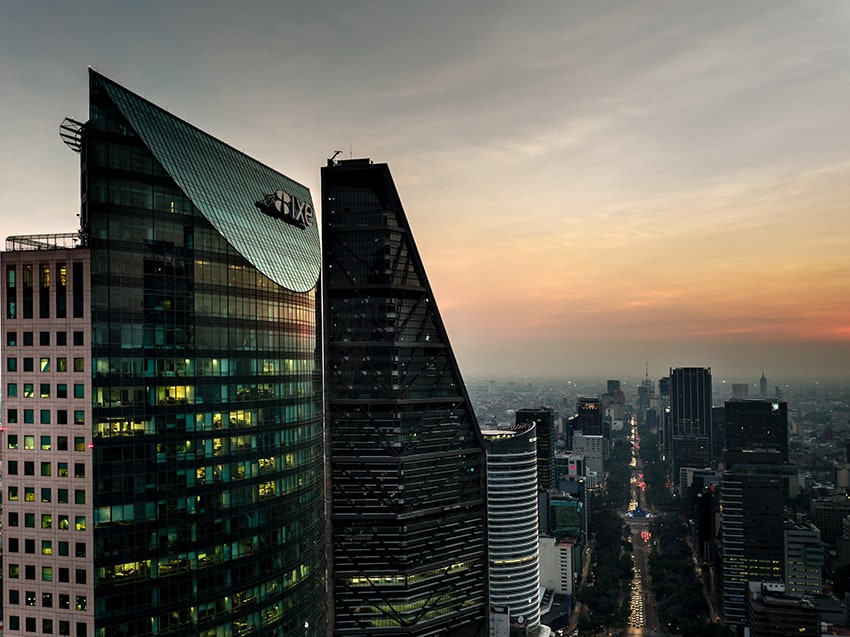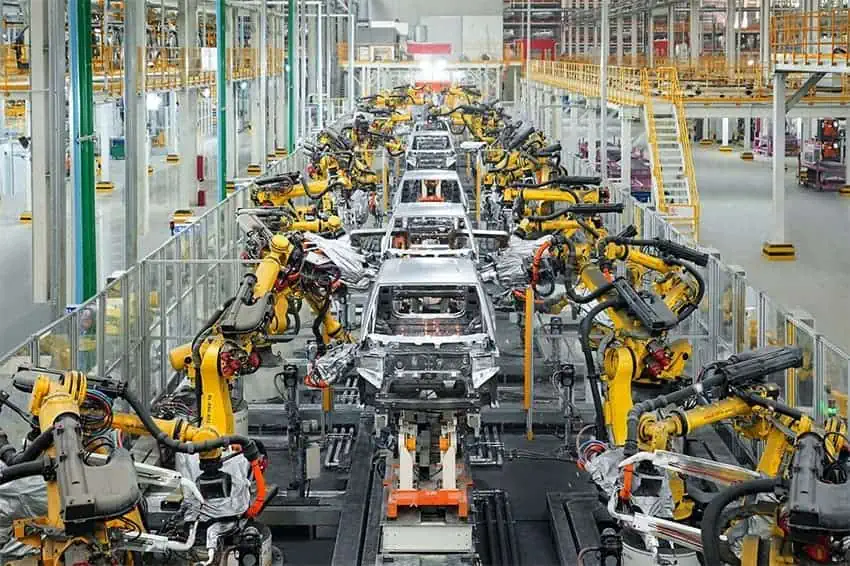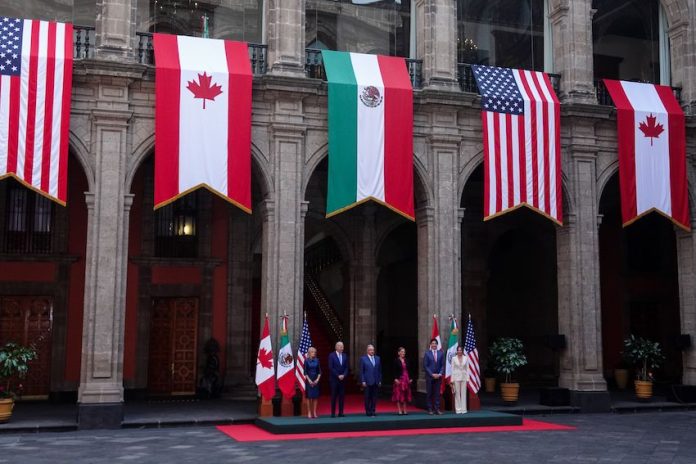Official data recently published by the Economy Ministry (SE) shows that 2023 set a record for foreign direct investment (FDI) in Mexico. Mexico experienced a 27% growth in FDI flows compared to the previous year, with US $36.06 billion in investments, predominantly driven by the United States. The U.S. accounted for 40% of Mexico’s FDI in 2023, which is 3.5 times higher than the next country of FDI origin, Spain. This marks the beginning of a new era in North American economic integration. What can we expect in the years ahead?
As the head of the American Chamber of Commerce of Mexico, a significant part of my role is to listen and understand the needs and opportunities that CEOs of American companies with investments in Mexico foresee in the Mexican economy. In an effort to summarize months of listening and analyzing, these are the four key industries and investment enablers that could maximize North America’s potential as the world’s economic powerhouse.

The four industries that could maximize the North American economy
Regarding key industries, North America must seize the opportunity to strengthen its production of medical devices and health-related goods and services, semiconductors, agroindustry and, obviously, electromobility.
This stems from global shifts in power, geopolitical realignments, national and regional security threats, as well as consumer-based needs in the 21st century.
Without delving into great detail, the pandemic underscored the need for less dependence on distant countries for health-related supplies. U.S.-China tensions and the high concentration of semiconductor production in Taiwan raised awareness about the risks of relying on one tiny island with high political uncertainty for over 60% of today’s semiconductors. Climate change and the Russia-Ukraine war further emphasized the importance of regional food self-sufficiency (as well as energy). Lastly, North America has been an automotive industrial hub for decades, and now it’s time for a significant shift in the transportation and mobility industries: electromobility. North America will and must remain the world’s top producer of these goods.
This all seems evident, with markets and governments working to foster integration into a more secure and reliable regional economy, as evidenced by the record levels of FDI in Mexico last year. Nevertheless, there are bumps in the road ahead.
At AmCham, we’ve identified several investment enablers that, if handled correctly and opportunistically, could propel the North American Era exponentially. If not, many opportunities could slip through our hands.

Top investment enablers for North American growth
For us, the most crucial investment enablers for the North American economy are: i) energy (infrastructure, capacity and the transition towards clean energy); ii) water (industrial use, conscious use and supply); iii) security and rule of law; iv) infrastructure (border infrastructure, telecommunications, fiber optics, cyber, railways, highways and ports); and last but not least, v) human capital (workforce development, upskilling and reskilling). Overall, we believe these enablers build a solid foundation for a sustainable economic ecosystem.
To achieve this, the worst thing we could do is expect others to do it for us.
It is not solely the responsibility of the United States government, the Mexican government, the private sector, civil society, FDI or any single entity. Now more than ever, we, as North Americans, need to tackle this together as allies, friends and partners.
We must establish a coordinated regional industrial policy between governments and the private sector. We must ensure that society actively participates to strengthen our democracies and institutions. And we need to have a shared vision for the future.
By 2026, all eyes will be on us as a region. The North American FIFA World Cup will be the most-watched sports event in history (with more than a billion viewers worldwide). The USMCA revision will also occur that year. We have to ensure that 2026 is the year when North America portrays itself as a united, trusted and coordinated region — not the other way around.
Pedro Casas Alatriste is currently the Executive Vice President and CEO of the American Chamber of Commerce of Mexico (AmCham). Previously, he served as the Director of Research and Public Policy at the US-Mexico Foundation in Washington, D.C., where he promoted issues such as Ally-Shoring, immigration in Mexico, integration of the binational workforce and regional competitiveness, among others. Before this role, he was the Coordinator of International Affairs at the Business Coordinating Council (CCE).
